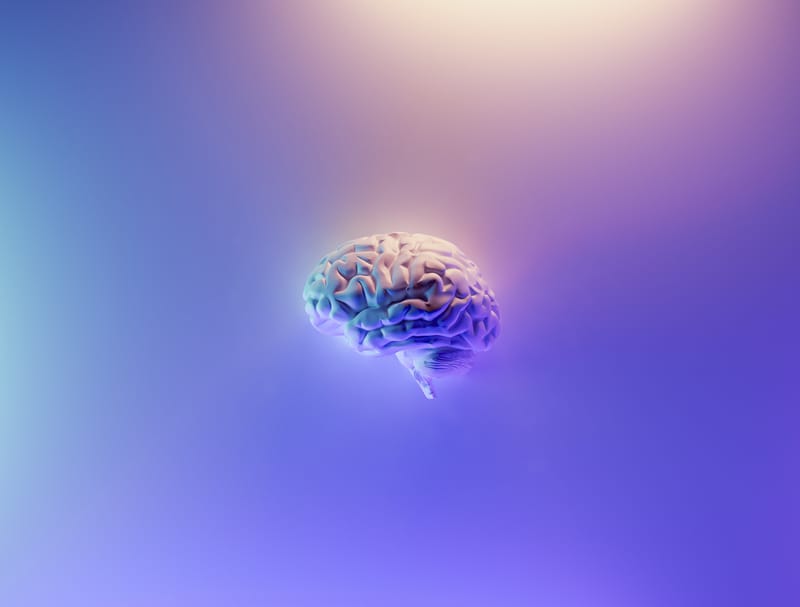Features

What is Cognitive Behavioural Therapy?
CBT is widely recognised as an evidence-based treatment for a variety of mental health conditions, including anxiety, depression, post-traumatic stress disorder (PTSD), and obsessive-compulsive disorder (OCD), among others. It has been shown to be as effective as medication in treating many of these conditions, and in some cases, it may be even more effective.

How Cognitive Behavioural Therapy works?
During CBT sessions, the therapist works with the individual to identify negative thoughts and beliefs that may be contributing to their problems. These negative thoughts are often referred to as "cognitive distortions," and they can include things like overgeneralisation, catastrophising, and all-or-nothing thinking. Once these negative thoughts and beliefs have been identified, the therapist helps the individual to challenge them and replace them with more positive and realistic ones. This process is often referred to as "cognitive restructuring." In addition to addressing negative thought patterns, CBT also involves developing and practicing new behaviours and coping strategies. For example, if someone is struggling with social anxiety, the therapist may help them practice relaxation techniques, role-playing social situations, and gradually facing their fears in a safe and supportive environment.

How Can Clinical Hypnotherapy Help Me?
Clinical hypnotherapy is an effective tool for making lasting changes in your life. Through a series of guided sessions, your clinical hypnotherapist will help you to enhances the control of your mind and body by inducing cognitive flexibility and develop strategies to achieve your goals. With clinical hypnotherapy, you can take control of your life and unlock your potential.

Describe the process of being hypnotised
While under hypnosis, individuals are fully aware of their surroundings and remain in control of their thoughts and actions. Contrary to popular misconceptions, hypnosis does not involve being put into a deep sleep or losing consciousness. Instead, it is a state of heightened awareness and responsiveness. Hypnosis is often a pleasant and enjoyable experience. Many people report feeling deeply relaxed, calm, and comfortable during the process.

Mechanism of the brain under hypnosis
Several brain regions and processes are involved in the hypnotic state. During hypnosis, there is a shift in brain activity from the default mode network, which is associated with mind-wandering and self-referential thinking, to the executive control network, which is responsible for attention, planning, and decision-making. The activity is turning down from the anterior cingulate cortex and the dorsolateral prefrontal cortex, which are involved in pain perception, emotion regulation, and cognitive control. Hypnotic suggestions activate the brain's reward centers, such as the nucleus accumbens, which are associated with pleasure, reward processing and motivation. Hypnosis is a pleasant and enjoyable experience for many people. In the meantime, it is important to work with a trained and licensed hypnotherapist who can guide you through the process safely and effectively.


